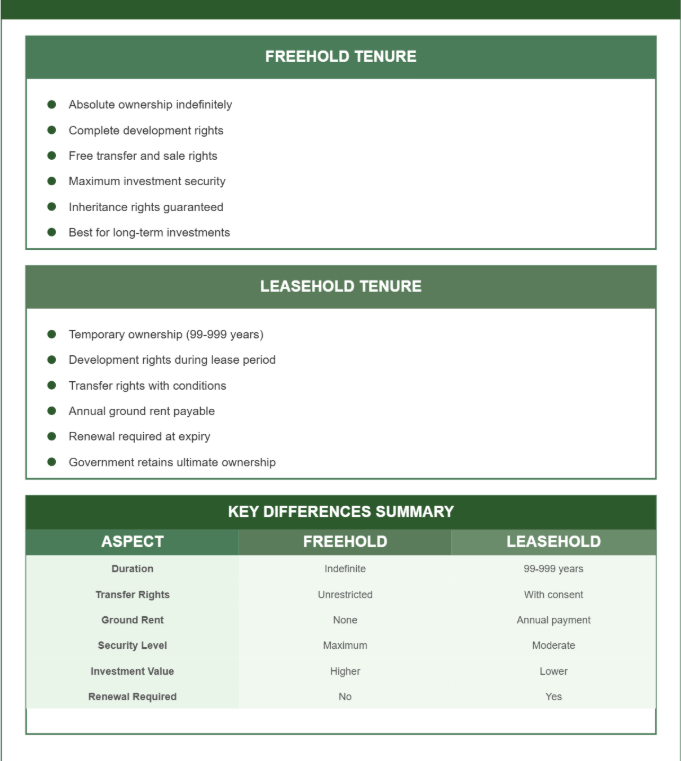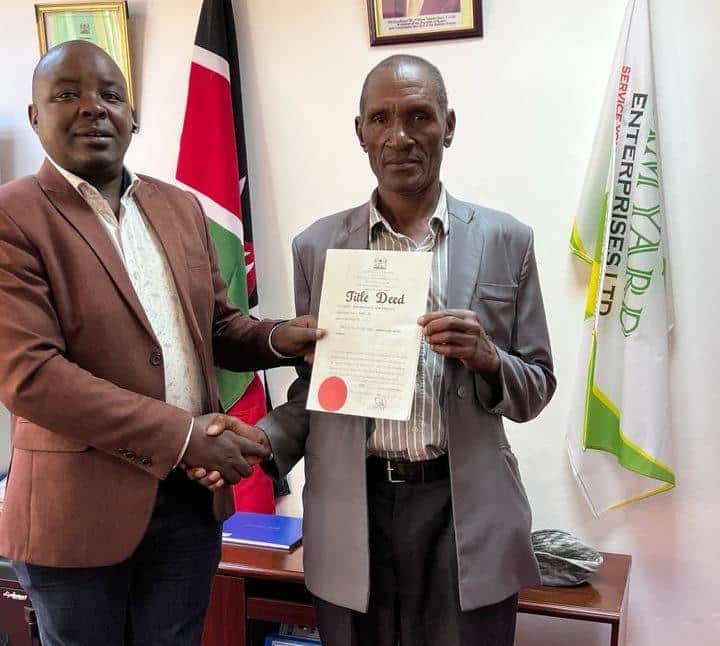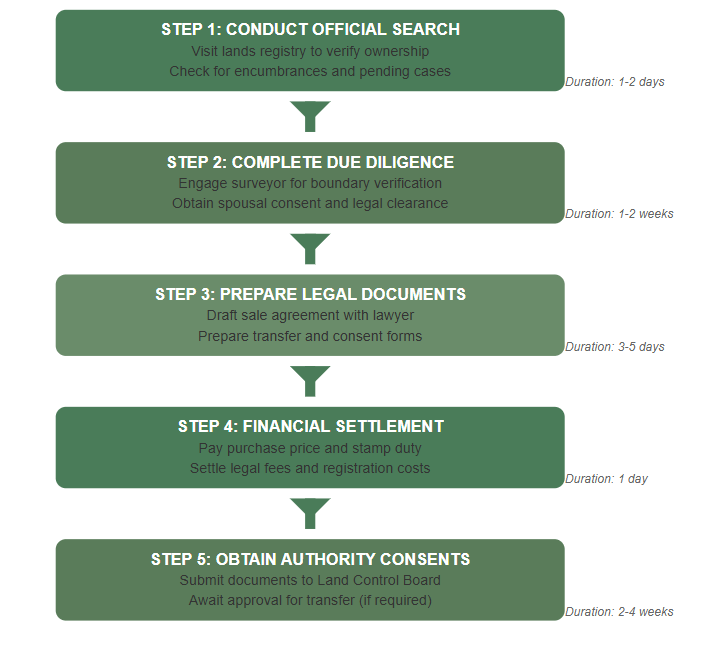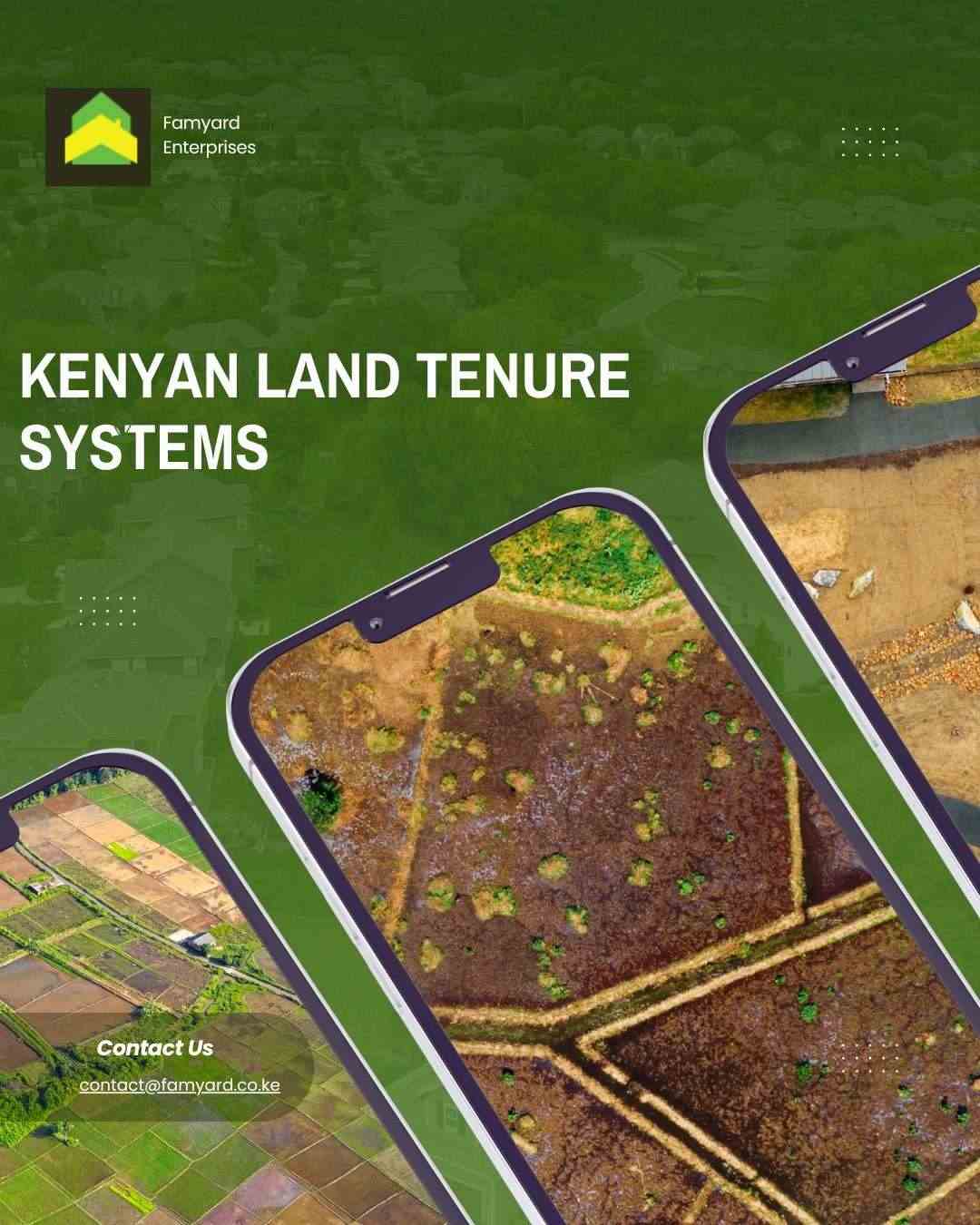Understanding Kenya’s land tenure system is crucial before making any property investment. The country operates three distinct land tenure categories, each with unique legal implications that directly affect your rights as a landowner. This guide explores the Kenyan land tenure systems to help you make better investment decisions.
The Three Land Categories in Kenya
Public Land
This category encompasses all land owned by the national or county governments. This includes forests, national parks, roads, and government institutions. While you cannot purchase public land outright, the government can allocate or lease portions for specific purposes such as agroforestry under strict conditions.
Community Land
Community land belongs to communities identified based on ethnicity, culture, or similar community interests. These lands are managed by community land management committees and include group ranches and community forests. Purchasing community land requires community consent and involves complex procedures through the National Land Commission.
Private Land
This category represents individually owned property with the clearest ownership rights. This category offers the most straightforward path to land ownership and includes residential, commercial, and agricultural properties held under freehold or leasehold arrangements.
Freehold vs. Leasehold

Freehold Tenure
This tenure grants you absolute ownership of land indefinitely. You hold complete rights to use, develop, sell, or transfer the property without time restrictions. This tenure type offers maximum security and is ideal for long-term investments or development projects.
Leasehold Tenure
Leasehold tenure provides temporary ownership rights for a specified period, typically 99 years for residential properties and 999 years for agricultural land. While you can develop and use the land during this period, ownership reverts to the government upon lease expiry unless renewed.
Legal Ownership Documents
Title Deed
A title deed serves as your primary ownership document, containing essential details including land size, location coordinates, registered owner information, and any encumbrances or restrictions. When buying land, always verify that the title deed matches the actual land boundaries through a licensed surveyor.

Mutation Forms
This document includes any changes in land ownership, ensuring the registry reflects current ownership status. These forms are crucial during property transfers and help maintain clear ownership chains.
The Land Registration Process
Kenya’s land registration follows a systematic approach designed to protect buyers and maintain accurate records. The process begins with a search at the local lands registry to verify ownership details, existing charges, and any legal disputes affecting the property.
Due Diligence
These requirements include verifying the seller’s identity matches the title deed, confirming all land rates and taxes are current, checking for any pending court cases, and ensuring proper survey plans exist. This process typically takes 2-4 weeks when handled efficiently.
Transfer Process
This procedure involves preparing sale agreements, obtaining consent from relevant authorities where necessary, paying stamp duty and registration fees,and finally registering the transfer at the Lands Office. The buyer receives a new title deed upon successful completion.

Legal Safeguards
- Spousal consent requirements under the Matrimonial Property Act mandate written consent from spouses before land transfers. This applies regardless of whose name appears on the title deed, protecting family property rights.
- Succession issues frequently complicate land purchases, especially in rural areas. Hence, you should ensure inherited land has proper succession certificates and all beneficiaries have consented to the sale. Incomplete succession processes can invalidate purchases years later.
- Survey discrepancies between title deeds and actual land boundaries create significant legal risks. When buying land, you should always conduct fresh surveys before purchase and resolve any boundary disputes through proper legal channels.
Ready to make your land purchase with confidence? Contact Famyard.co.ke today for expert guidance through Kenya’s land acquisition process. Our experienced team ensures your property investment is legally sound and properly documented.
